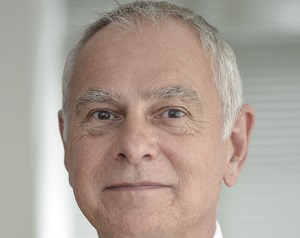Governments hold the key to low internet costs
Governments hold the key to low internet costs

The demand for affordable high-speed wireless services is growing in Africa, but the quality of supply is not good enough to meet it and the high cost of mobile phone data exacerbates the problem.
This is according to Nick Watson, the VP for EMEA of Ruckus, who said, "The actual handset costs have come down so low that it is very affordable thing to have - a low cost smartphone. It has almost made the situation worse because you have a lot of people who want to connect, but then they find the disappointment when they start to use rich media."
"I don't think we should sit back and say this is ok. Bear in mind the licenses that allow the mobile operators to have the spectrum and charge the money (for connectivity) is up to the government."
Watson said governments have the power to regulate service to ensure customers receive affordable but reliable internet connection.
He said that such policies can mean that low end consumers pay a different tariff from power internet users and ensure everyone benefits from a good service at a cost that can be maintained.
"I think people can lobby more effectively," Watson added.
As to the issue of forcing content to be hosted locally as a solution to decrease internet costs, Watson said: "The benefits might be none at all because the service provider might look at this as an opportunity to gain more profit even though their outbound traffic costs have gone down. The problem is because most of the ISPs are privately held."
Regarding latency, Watson said that having a local cache of resources that are frequently accessed makes sense and will add to the efficiency of service.
He lauded the fibre networks that incorporate Africa and said these fibre links make it easier for Wi-Fi providers to complete the backhaul of connectivity and offer clients faster broadband services.
"If you think of fibre as the core backbone infrastructure for the local and wide area networks, Wi-Fi is now considered the backbone network for the radio and wireless networks," he said. "You get fibre as near as you can to a location, then you use high performance Wi-Fi to actually get into that particular area. That is a really good model."
Watson added that these developments will open the door for commercial Internet of Things (IoT) in Africa.